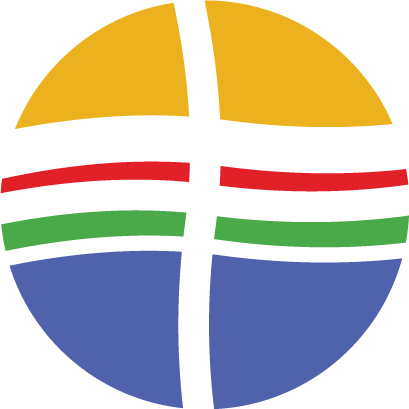Land Acknowledgement and Confession
Land Acknowledgement
The East Central Synod of Wisconsin acknowledges that it is located on the original and ancestral homelands of the Ho-Chunk, Menominee, Ojibwe, and Potawatomi peoples, and we give thanks for their presence here since time immemorial. We also wish to recognize and honor all our Indigenous siblings who have and continue to call this land their home.
Confession and Commitment
We, the East Central Synod of Wisconsin, acknowledge that the indigenous peoples of Turtle Island have experienced immeasurable grief and loss for generations, due to the actions and inactions of white colonizers and subsequent leadership. We confess that Christianity played a major role in this atrocity, which resulted in loss of life, culture, language, spiritual practices and homelands for our indigenous siblings. We lament that this history is often skewed in favor of colonizer history, and continues to sever or unfairly burden relations with current day indigenous siblings.
We therefore commit ourselves to the hard work of dismantling harmful and racist structures in our church body, to educate ourselves and others about the full history of the past. We will uplift and listen to the wisdom of our indigenous siblings who still reside within our synod, including the Brothertown, Ho-Chunk, Menominee, and Oneida Nations, the Sokaogon Chippewa Community, and the Stockbridge-Munsee Band of Mohicans. We commit ourselves to education and relationship building that does not burden our indigenous siblings, and pray that the Holy Spirit might guide us to a right relation with them in the future.
The Church
Humans tend to care most for the people closest to us. Jesus taught that, to follow him, our empathy and love can’t be limited to those we’re related to, those who are like us, or those who we already know. Following Christ means being challenged to have an expansive definition of who is your sibling, who is your neighbor, and who you are important to. You are part of something much bigger than yourself, and you are not alone.
Church is not full of perfect people who have it all together and always get it right (these people don’t exist, and neither does that church.) Church is full of real, broken people who need God and need each other. Being part of church means being freely and completely forgiven and loved as we are and continuously liberated and challenged to love our neighbors (near and far,) to show mercy and care for the whole human family, and to live our lives not only for ourselves, but for others and all creation.
The East Central Synod of Wisconsin
The Evangelical Lutheran Church in America (ELCA) is one of the largest Christian denominations in the US, and a way of being church. The East Central Synod of Wisconsin is one of 65 regional groupings of congregations and other ministry sites within the ELCA. The area we serve in Wisconsin stretches from the bottom of Lake Winnebago to the Northwoods, from the shores of the Bay to the path of the Wisconsin River.
A synod is a way of organizing the church that helps congregations, ministry sites and leaders stay connected to each other and to the wider church beyond our region and outside our denomination. Because we’re intentionally connected and turned outward in this way, we help each other fight the human tendency to only look inward and care about the people who are closest to and most like us.
We collaborate and support each other in ministry and life, we notice and encourage each other’s gifts and callings, and--connected with the whole church and the whole human family--together our creativity, resources and possibilities are multiplied by God: more than enough.
The synod bishop (an elected position with a 6 year term) and staff work together to facilitate and encourage this collaborative, creative, encouraging and connecting ministry. Our ministry includes:
congregations and leaders in transition, discernment and change;
noticing and encouraging new leaders and the giftedness of current leaders;
building community and telling the stories of our synod;
encouraging good stewardship of resources and creation, and connecting congregations and leaders with resources (grants, continuing education, renewal opportunities, gatherings)
ministry sites that are new, in renewal, seeking new possibilities and partnerships, or beginning the process of holy closure;
developing the cultural competency of our churchgoers and leaders;
relationships with neighbors of other faiths and Christian denominations;
the full inclusion and leadership of people often underrepresented in church leadership, especially POC, LGBTQIA+, disabled and young people;
church governance and discipline (keeping leaders and churchgoers safe from abuses of power);
Guidance for leaders and congregations in decision-making, and other support in times of crisis.
All of our ministry--as a synod office, synod and wider church--is rooted in the promises of baptism. In baptism, we receive a tangible promise from God that in life, death and life-after-death, nothing will ever separate us from God’s love. In gratitude for that free gift of love and grace, we promise:
To live among God’s faithful people,
To hear the word of God and share in the Lord’s supper,
To proclaim the good news of God in Christ through word and deed,
To serve all people, following the example of Jesus,
And to strive for justice and peace in all the earth.
As a synod and as part of the wider church and world, we give thanks to God, and ask for God to help and guide us. Amen!

